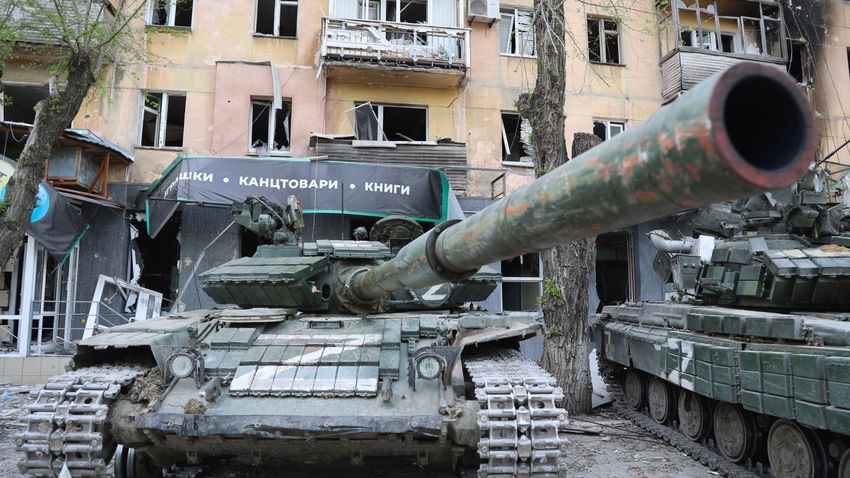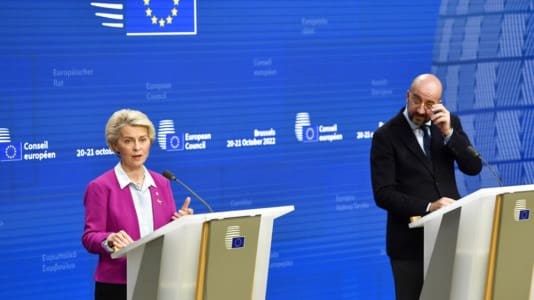If the West wants to cripple the Russian economy’s potential to support the war, it should focus on banning exports to Russia rather than Russian exports to Europe, a Hungarian study shows.
“Restricting trade in products that Russia needs to import would be much more effective than the current penalties,” the Hungarian think-tank Oeconomus Economic Research Foundation wrote.
“By restricting the supply of commodities that the countries applying sanctions need to import, we will only increase prices in the absence of sufficient alternative sources. This phenomenon can be observed in the European energy market, where the sanctioning countries have partially restricted imports of products for which they have a high import demand,” it added.
The energy sanctions imposed so far highlight the need for a paradigm shift to discourage Russia from invading, the foundation said. The analysis recalls that the current perception is that Russia should be cut off from its sources of income to finance its offensive in Ukraine. The primary source of such revenue is the export of energy resources. Many question the effectiveness of the sanctions imposed so far, but few are formulating an effective alternative.
A more effective alternative to the current sanctions would be to restrict trade in products that Russia needs to import.
“Only 0.1 percent of the total value of global microchip trade is linked to Russia, according to the International Semiconductor Industry Association database. However, Russia imports 70 percent of its microchips,” the research says.
While China has the largest share of these imports, at around 70 percent, Chinese microchips are of a lower technical standard and therefore cannot be used in advanced equipment such as fighter jets.
Limiting international trade in microchips, as the U.S. has done with its technology sanctions, has proven to be hugely effective in cutting off the supply for Russian demand. Expanding on these could be the Achilles heel of the Russian bear, the analysis says.
The technological sanctions already imposed by the United States and its allies are intended to make the Russian military industry impossible to operate, while not hindering trade in products for domestic consumers. This is why, for example, memory cards, digital cameras, and video games are exempt from the embargo. This partial exemption has been criticized by many, as it does not change the consumption choices and habits of the population, does not significantly lower their standard of living, and therefore makes it more difficult to express their dissatisfaction with the Russian leaders.
The Hungarian think tank indicated that the negative impact of the majority of the energy sanctions applied will be reduced as Russia develops alternative export markets. In contrast, as the experience of the last six months shows, technological sanctions have proven their effectiveness in the short term with the chip shortage impacting industry across Russia. An extension of these sanctions to harder hit the Russian economy and its citizens could be the way forward to grinding Russia to a halt.






